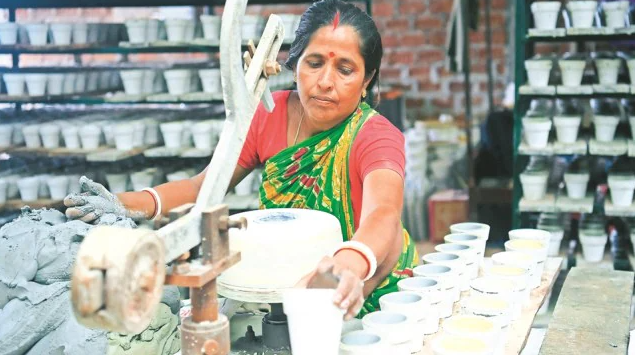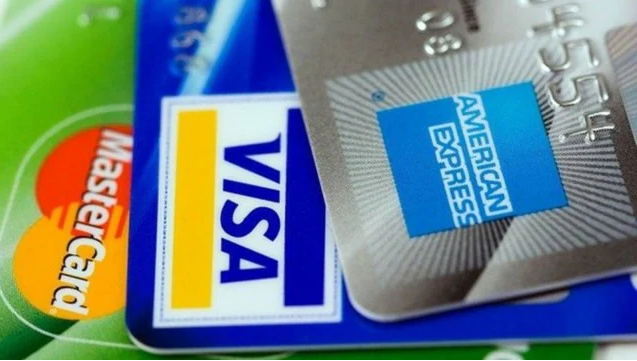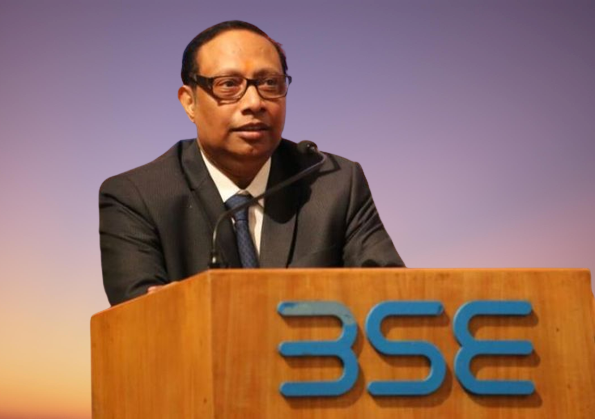Introduction
In a recent meeting in Mumbai, the Federation of Indian Micro and Small & Medium Enterprises Industry (FISME) urged the Reserve Bank of India (RBI) to extend the threshold period for stress loan accounts under the special mention account-2 (SMA-2) category from 90 days to 180 days. The meeting, presided over by Deputy Governors M Rajeshwar Rao and J Swaminathan, also saw discussions on redefining the criteria for wilful defaulters among MSMEs.
Current SMA Framework
Before a loan account becomes a non-performing asset (NPA), banks must identify early signs of stress through a sub-asset category called special mention accounts (SMA). These are classified as follows:
- SMA-0: Principal or interest payment not overdue for more than 30 days but showing signs of incipient stress.
- SMA-1: Principal or interest payment overdue between 31-60 days.
- SMA-2: Principal or interest payment overdue between 61-90 days.
Currently, MSME borrowers under the SMA category cannot utilize existing credit lines to pay dues, which hampers recovery efforts.
FISME’s Proposal
FISME argued that the current SMA classification system triggers penal actions even for minor delays, affecting credit scores and restricting credit access. The association cited genuine reasons for delays, such as late payments from buyers, and called for the threshold period for SMA-2 accounts to be extended to 180 days.
According to Vinod Kumar, President of the India SME Forum, the current system restricts MSMEs’ access to credit at critical times. “An MSME can take anywhere between 40 to 45 days to manufacture a product. Then, to put it in the market and to get the money, it can take as long as 200 days. Paying within 90 days is difficult when it has to keep on feeding its operations,” he explained.
Consensus and Recommendations
Representatives from various MSME bodies, including the India SME Forum, FISME, and Laghu Udyog Bharti, attended the session. There was broad consensus to double the SMA-2 period to 180 days. FISME also advocated for a more nuanced definition of ‘wilful defaulter’ that considers factors like current ratios and past loan renewals.
“A revised SMA framework with extended timelines, SOPs for bank intervention, and a more pragmatic definition of ‘wilful defaulter’ is crucial to support MSMEs,” FISME stated. The association also emphasized the importance of data collection by RBI to better understand the challenges faced by MSMEs and develop targeted solutions.
Additional Recommendations
The industry association also pushed for easing credit norms for export-oriented MSMEs. It suggested that Letters of Credit issued by banks should be considered sufficient security for extending additional credit for export-related inputs.
Conclusion
The extension of the threshold period for SMA-2 accounts and a revised definition of wilful defaulters could provide significant relief to MSMEs, enabling them to navigate financial stress more effectively. The RBI’s response to these recommendations will be crucial in shaping the future of MSMEs in India.




